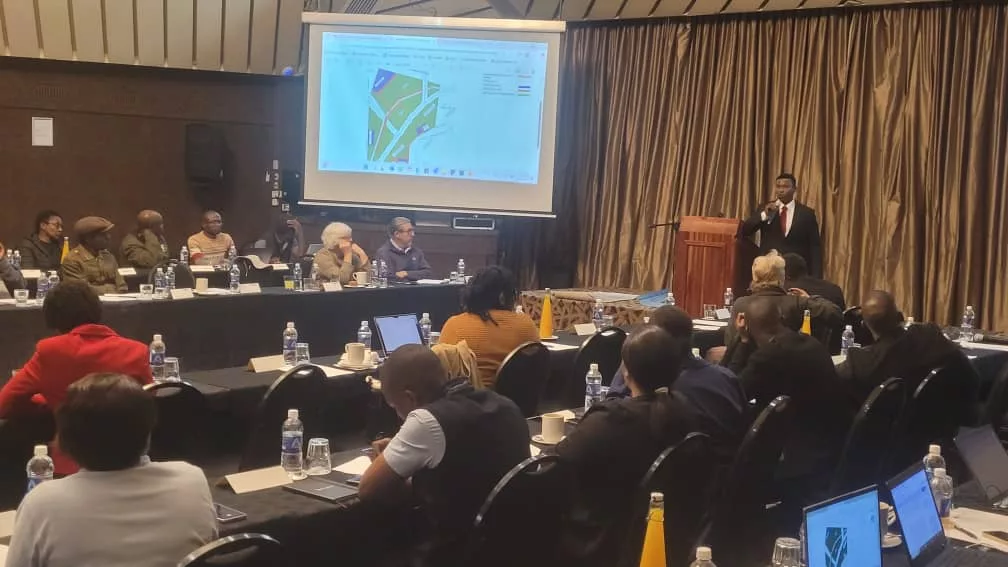|
Getting your Trinity Audio player ready...
|
By Elvis Dumba
BANKET- As the world prepares to commemorate World Aids Day, people with disabilities (PWDs) have called upon for their increased participation in HIV interventions.
National People with Disabilities Organization Banket chapter chairperson, Kind Matope said in as much as many health issues and programming were concerned, their constituency was mostly left out and usually get involved as an after thought.
He said this during a preparatory meeting for the commemoration of International Day for the Disabled which falls on 3 December.
World Aids Day theme for 2021-22 seeks to encourage an end to pandemics, inequalities and end aids and the PWDs community calls for equal accessibility to HIV interventions and involvement in health programming.
“We are left out on many health programs as we are usually left out in the programming of various health interventions and activities,” he said.
Matope said PWDs also need sexual reproductive education and support as limited resources and activities targeting the disabled are carried out.
“It’s unfortunately that society don’t take people with disabilities as people who are sexually active maybe they think we are also disabled when it comes to issues of sexuality.
“We do have many people who end up abused and others face complications during labor as when disabled pregnant women goes for medical attention usually they are served by people who really don’t understand their needs and this emanates from issues like that health programming is planned for the Disabled without their participation just like as in many other issues.
“Right now most health institutions are not yet easily accessible to people with disabilities and when it comes to HIV you will find society being surprised that someone on a wheelchair is pregnant or someone using crutches is a father and family man,” Matope said.
Matope who was disabled at the age four due to polio is married to a disabled wife who also uses crutches and they are blessed with a five year old daughter.
“Personally I went through a lot before I got married and I could see that society including my family were thinking I cannot marry and have children and this has led to many disabled people ending up abused and that’s why you find many neglected disabled mothers as some don’t have access to services such as reproductive health services.
“Every time when I get to be called for a meeting usually it has to be exclusively a meeting that directly touches on people with disabilities but we are a people who are affected by all other health issues besides disability, Covid-19 also affected us but our constituency did not have much programs aimed at them, when a disabled person test positive to HIV people tend to get surprised and this leaves others shy away from accessing treatment and we are calling that there is increased involvement of people living with disability,” he commented.
It has been learnt that some people with disabilities who end up in the streets as beggars are sexually abused and some take advantage of individuals with mental illness whilst those with sight challenges and hearing impairment lack information and communication materials on health issues with those resources available very limited.
Tracy Zvoufa a twenty three year old lady living HIV and also suffering from a hearing impairment said she ended up working as a commercial sex worker in Trelawney to fend for her child after she was raped aged 19 by her late uncle and her family concealed the matter and she failed to get emergency medical attention which could have helped her not to get pregnant or hiv as she didn’t have any information about the emergency treatment.
Sarah Kachidza of Mumvuri Orphan Care Center ,a Banket based community organization concurred that people with disabilities are usually excluded from many health programs.
“It’s true and we are to blame as we usually leave out the disabled constituencies in our programs and we usually involve them as an after thought so I believe we need to come up with strategies that involves them at all levels so that the inequalities they face ends,” she said.






